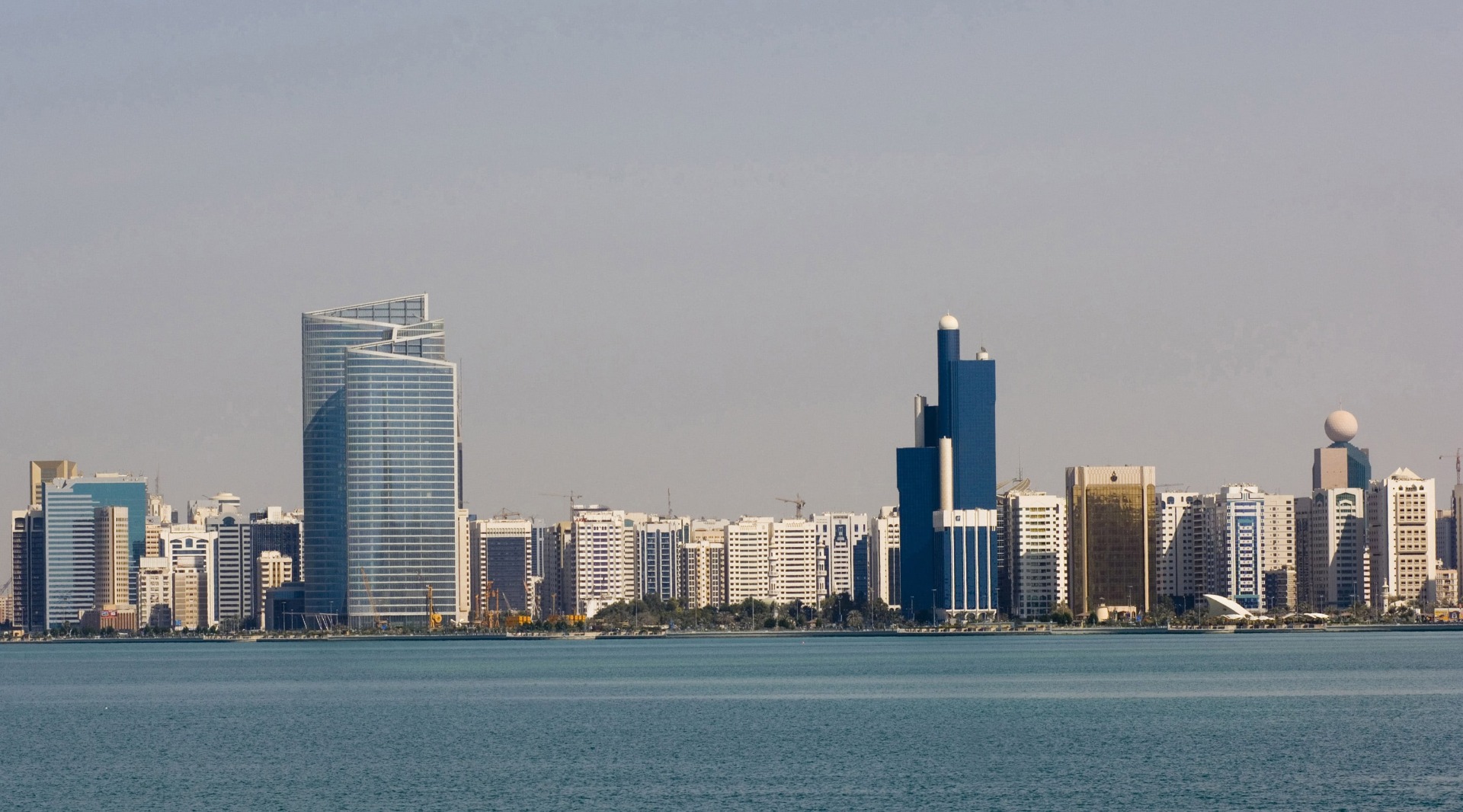The Middle East has become one of the most preferred destinations for cryptocurrency exchanges, as Kraken is the latest to receive a license from the Abu Dhabi Global Market (ADGM).
Announced on Monday, the American crypto exchange can now operate a regulated virtual asset exchange platform in the emirate. Additionally, the crypto exchange has decided to set up its regional headquarters in Abu Dhabi.
Kraken highlighted that it became the first global cryptocurrency exchange to receive a full financial license from the ADGM. It will now offer virtual asset trading services, offering direct funding and trading in UAE dirhams against Bitcoin and other popular cryptocurrencies .
“We’re incredibly excited to be able to set up our operations right in the ADGM itself to operate a virtual asset platform that finally offers Dirham pairs for investors in the region,” Kraken’s Managing Director for Europe, Middle East and Africa, Curtis Ting told CNBC.
“For us, it’s really important to facilitate access to global markets and global liquidity by making sure that investors and traders in the region have access to local currencies.”
Kraken was established in 2011 and is one of the oldest operating cryptocurrency exchanges. It is operating in more than 60 countries, but its latest push in the UAE showcases its expansion plan in the region.
The Crypto Hub
Meanwhile, Kraken competitors are seeing the Middle East as one of the major prospective markets. Binance, which is the largest global crypto exchange in terms of trading volume, gained a license from Dubai’s new crypto regulator, along with in-principal approval from ADGM.
Moreover, the crypto derivatives exchange, ByBit gained approval for its Dubai headquarters, while FTX is drafting plans for regional headquarters in Dubai after gaining a license from the city regulator.
The sudden influx of crypto exchanges in the Middle East was fueled by the regional regulators’ position to become crypto-friendly by bringing specific laws for the industry. ADGM first introduced its virtual asset regulations in 2018, while Dubai established a separate crypto regulator earlier this year.

















